Focus
Your Present Location: HOME> Focus-

Dong Ximiao: Joint efforts can clean breeding grounds for bad debt in China
China`s banking regulator has announced it would adjust the provision coverage ratio for commercial banks from 150 percent to a range of 120-150 percent and the loan provision ratio from 2.5 percent to a range of 1.5-2.5 percent. The notification also said the ratios will be adjusted on a case-by-case basis within these ranges. These steps show China is moving forward with curbing bad debts.
2018-03-19 -
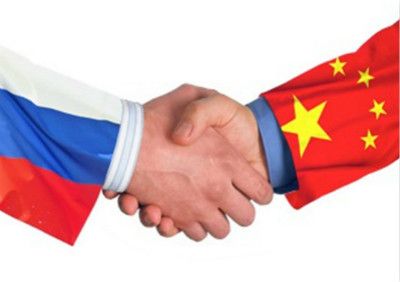
China and Russia should cooperate to gain from each other’s strengths
Wang said, "The sky is the limit for Sino-Russian cooperation, and we must continue to make the relationship even better." What will be the prospects of Sino-Russian relations and what fields can the two countries work together in 2018? At a conference hosted by Rossiya Segodnya in Beijing on Tuesday, experts from China and Russia shared their thoughts.
2018-03-15 -
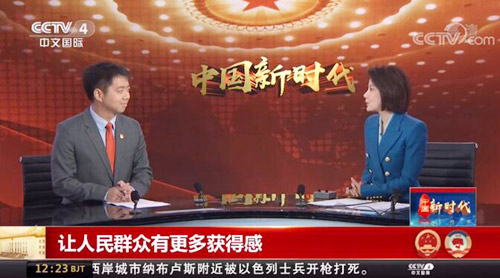
CCTV: China’s new era guarantees more on people`s sense of fulfillment
CCTV-4 "China News" program opens up a special report on "China`s New Era" . Wang Wen, executive dean of Chongyang Institute for Financial Studies at Renmin University of China, was invited to talk with the CCTV anchor Zhou Yingfeng on the hot topics regarding the people`s sense of fulfillment on March 11.
2018-03-15 -
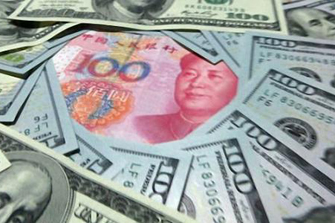
Li Wei: Dollar distress could boost yuan internationalization
Since China has become the largest customer for oil producers in the Middle East, the international environment has steered toward internationalization of the yuan. Especially since Donald Trump became US president in January 2017, the dollar has been weakening. The US` move toward protectionism and anti-globalization has caused anger around the world and undermined confidence in the dollar among international investors. This represents an opportunity for the yuan.
2018-03-14 -
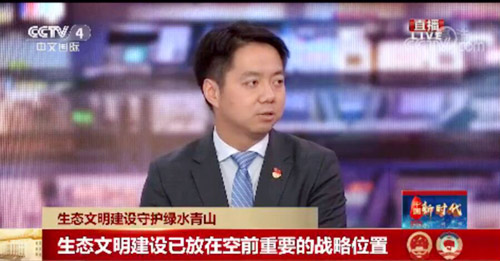
CCTV: Strengthening Eco-civilization to make beautiful China shared by everyone
CCTV-4 "China News" program opens up a special report on "China`s New Era" . Wang Wen, executive dean of Chongyang Institute for Financial Studies at Renmin University of China, was invited to talk with the CCTV anchor Zhou Yingfeng on the hot topics regarding Eco-civilization and Eco-finance on March 10.
2018-03-13 -
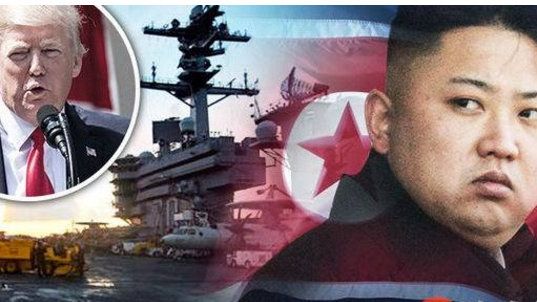
Zhao Minghao: Optimism mixes with skepticism in run-up to key North Korea-US talks
US President Donald Trump`s acceptance of North Korean leader Kim Jong-un`s invitation for a meeting may bring dramatic changes to the situation on the Korean Peninsula. Kim made a number of unexpected commitments during talks with the visiting South Korean delegation in Pyongyang. He said North Korea would be willing to hold talks with the US on denuclearization and would suspend nuclear and ballistic missile tests while dialogue continues. He also said he "understands that the routine joint mi
2018-03-13 -
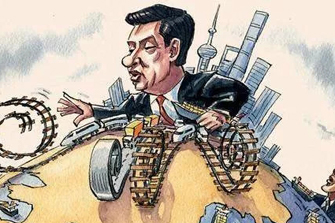
Wang Yiwei: European Changing Attitude towards Chinese BRI
General Secretary Xi Jinping pointed out in his report to the 19th CPC National Congress that with decades of hard work, socialism with Chinese characteristics has crossed the threshold into a new era.
2018-03-13 -
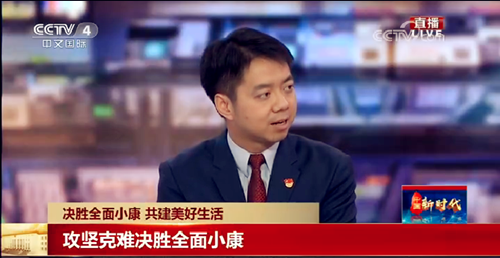
CCTV: Preventing anyone falling behind in building moderately prosperous society
In his interview, Wang Wen said that the moderately prosperous society not only means the GDP growth, but also reflects a comprehensive development situation such as social stability, environment protection, economic sustainable development, and People’s solidarity, from which demonstrate a comprehensive, balanced, inclusive development situation and future of the society.
2018-03-12 -
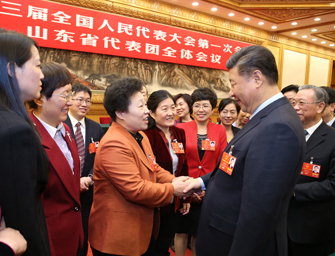
William Jones: New Changes Considered for Chinese Constitution
The convening of the National People`s Congress this year is occurring at a very drmatic and decisive period in the history of China. The last five years have seen the emergence of China on the international scene not merely as a participant in global affairs, but rather as a formative force. The initiation of the Belt and Road Initiative by President Xi Jinping in 2013 really set into motion a process that has transformed the direction of the world economy.
2018-03-09 -
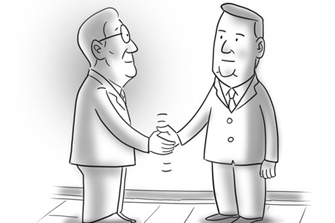
Liu Zongyi: India using Vietnam to access West Pacific
Vietnamese President Tran Dai Quang`s trip to India came just weeks after Prime Minister Nguyen Xuan Phuc`s visit. Although Indian media said Quang`s visit was a historic milestone in ties, it was exaggerated. However, his trip does indicate the two countries are striving to advance the "comprehensive strategic partnership," which signals how the situation on China`s periphery is evolving against the backdrop of China`s rapid rise and the Indo-Pacific strategy promoted by the US, Japan, India an
2018-03-07 -
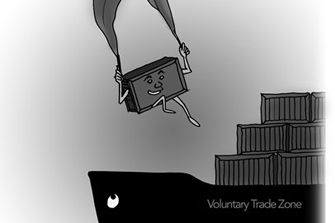
Liu Zhiqin: Voluntary Trade Zones can be China’s answer to global protectionism
During the past 40 years, the concept of free trade areas (FTAs) has been frequently mentioned, and FTAs have become a symbol of globalization. Developed nations in the West have tried to use FTAs as bridges to gain access to resources and the commercial advantages of free trade. Most developing countries have used FTAs to learn about international business operations and make connections with foreign companies.
2018-03-07 -
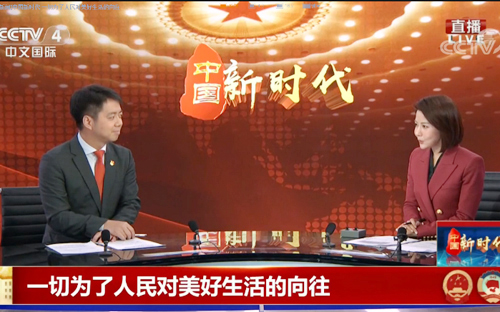
CCTV: Chinese people "strive for survival" in the past, "pursue better life" now
CCTV-4 "China News" program opens up a special report on "China`s New Era" . The first phase invites Wang Wen, executive dean of Chongyang Institute for Financial Studies at Renmin University of China, to talk with the CCTV anchor Zhou Yingfeng on the "two sessions" and the spirit of the 19th CPC National Congress, with the expectation to explain China`s development in detail.
2018-03-06 -
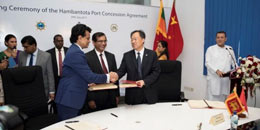
Wang Wen: China should shrug off Indian scholar`s slander against B&R
This new round of negative opinions risks damaging China`s image not only at the macro level, but also at the micro level such as project details, specific operations and financial accounting. It means more elaboration is required as the B&R enters the strategic development stage.
2018-03-02 -
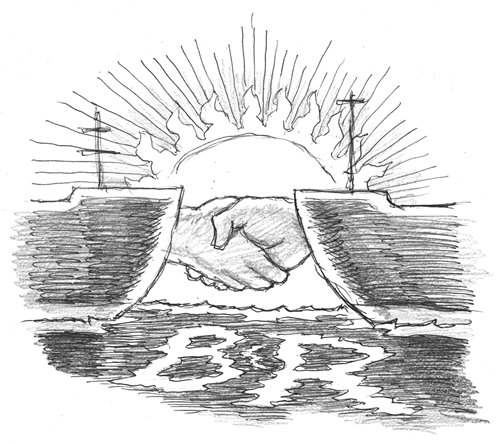
Liu Dian: Cooperation with Cambodia offers huge potential
Located on the Indochina Peninsula, Cambodia is an important stop on the ancient Maritime Silk Road and a pivot for the construction of the 21st Century Maritime Silk Road.
2018-01-09 -
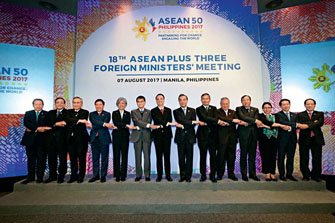
Lin Minwang: An expanding circle of friends
The international situation remained complex, and domestic policies of some major powers saw new changes in 2017. Sticking to the principle of being proactive and responsible, China has continued to enrich the system of its diplomatic theories, and achieved fruitful outcomes in terms of diplomatic ties with other major nations as well as its neighbors.
2018-01-08 -
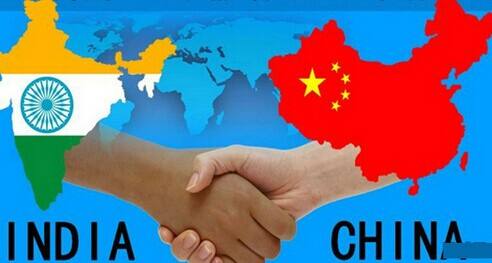
Liu Zongyi: With new official, will China-India ties be hit?
Among six former Indian foreign secretaries, four were ambassadors to China, and most of them spoke fluent Chinese. The appointment of Gokhale, who is a well-known expert on China, indicates that diplomatic affairs between India and China occupy an important position in New Delhi`s scheme of things.
2018-01-08 -

Wu Sike: China holds firm stance on peace in Middle East
From Dec 21 to 22, representatives from Palestine and Israel attended a seminar in Beijing, discussing peace restoration in the Palestine-Israel region, where the United States’ recent recognition of Jerusalem as Israel’s capital may create chaos in the Middle East.
2018-01-04 -
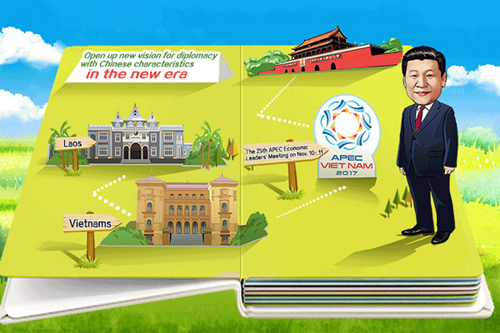
Wang Yiwei: China`s diplomacy more cogent in 2017
The year 2017 saw China playing a more effective role in global governance, as it continued making efforts to maintain peace and strengthen communication among countries. At a time when regional conflicts, slow economic development and erratic diplomacy have aggravated global uncertainties, China remains committed to promoting cooperation for the betterment of the world.
2018-01-02 -

Ding Gang: Why US strategy plan calls China a rival?
The Chongyang Institute for Financial Studies at the Renmin University of China recently published a report by associate research fellow Chen Chenchen about the wealth and future policy of US President Donald Trump`s cabinet. The document can help us understand why the latest US National Security Strategy labels China as a main rival power.
2017-12-28 -
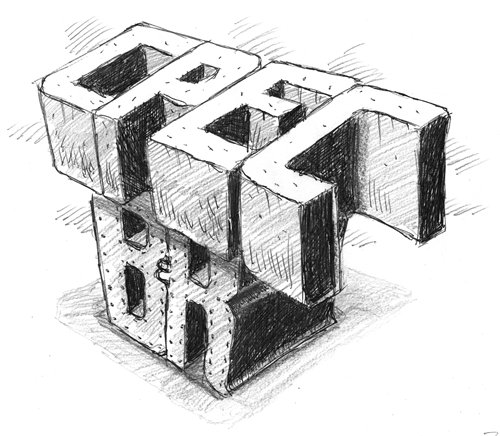
Wang Yiwei: CPEC geoeconomic effects bring project into focus
Increasing evidence has brought to light some questions concerning the rise of China`s Belt and Road (B&R) initiative, with the China-Pakistan Economic Corridor (CPEC) especially in doubt. Not long ago, foreign media began to speculate that the Diamer-Bhasha Dam might not be included in the CPEC.
2017-12-28
























































































 京公网安备 11010802037854号
京公网安备 11010802037854号





